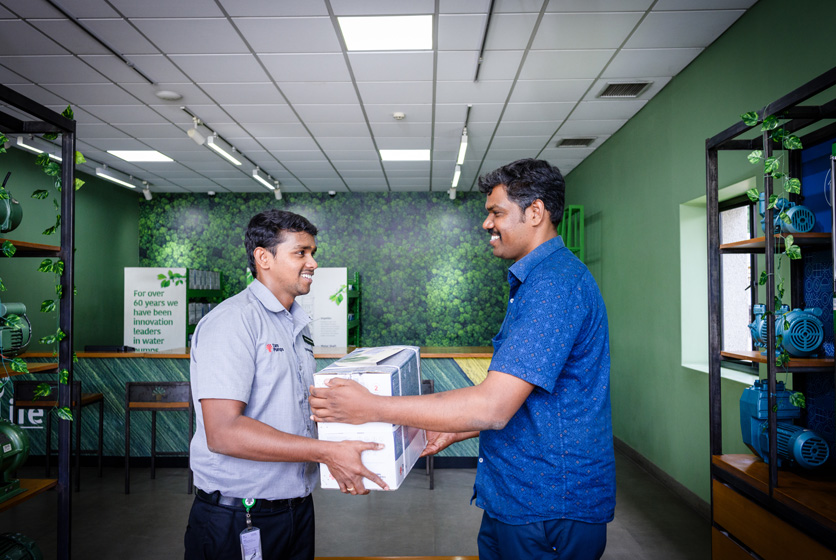Testing Agricultural Water
Water - needed by almost every living organism in the world. Whether it is a human being, an animal, a flower or a plant - water is one of the main sources of nourishment and healthy growth. The agriculture sector, one of the main consumers of water, therefore, has much to gain by learning and investing in water testing.
Why get water tested?
Decades ago, water quality was not so much of an issue. People used virtually no chemical fertilisers and were more in tune with Nature. Today, with increasing pollution levels and contamination, it is critical for a farmer to invest in water testing because:
- It helps determine pollutant levels - some of them are not visible to the naked eye
- Disease-causing pathogens can be identified
- It aids in measuring the level of salts in the water - which in turn is critical for growing certain crops
- It also helps identify the level of nutrients in the water
Agricultural water can come from rivers, rain, groundwater, irrigation ditches and reservoirs and so on. It is important to identify the purity of water so the origin or the source of the water supply can also be maintained correctly.

What can be tested?
Some of the parameters that can be tested include:
- Salinity
- Ion toxicity
- Sodicity
- Carbonate
- Permeability
Salinity denotes the level of soluble salts and if this level is too high then the salts accumulate in the roots of crops and cause problems.
Specific ion toxicity identifies levels of toxic ions such as fluorine and boron, to name just a few. There are specific levels for each ion and if the water has a high level, then it can enter the human food chain and cause problems.
Sodicity hazard is ascertained by SAR or Sodium Adsorption Ratio. Some crops have lower and others have higher tolerance to sodic waters.
Carbonate hazard focus on the level of calcium and magnesium in the soil. Water testing delivers the result in Residual Sodium Carbonate (RSC). Here again, the alkalinity levels determine the water’s suitability to certain crops.
Permeability index determines the rate of water infiltration into the soil.
The formulae used to conduct the above tests deliver data or actionable intelligence that farmers can use to increase their knowledge about the water to be used for irrigation.

What else can be tested?
Certified laboratories can help test water for:
- Cadmium
- Chloride
- Arsenic
- Scaling - PH levels
- TDS or Total Dissolved Salts
- Ammonium and
- Nitrate etc
Farmers can also “customise” their water testing. For instance, the Indian Institute of Horticultural Research, Indian Council of Agricultural Research under the Department of Agricultural Research and Education, Ministry of Agriculture & Farmers Welfare, Government of India - conducts tests for all the above parameters and also offers individual tests, as needed.
When a farmer has an in-depth understanding of the quality of water available for irrigation, then they can control the type of crops they grow. For instance, specific ion toxicity affects sensitive crops. So, when there is a problem in the crops, a farmer can look at water testing to ascertain solutions as well.



